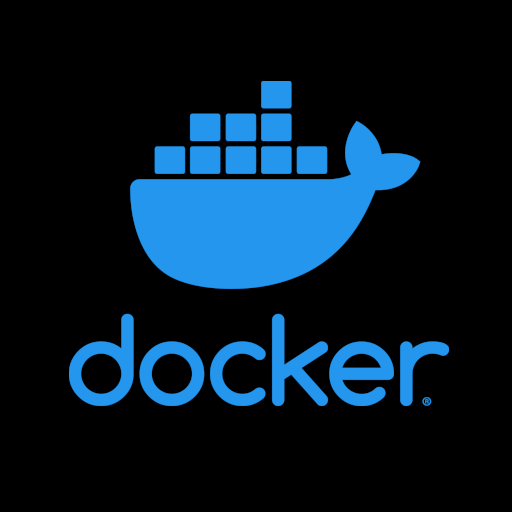

Yep, but only if you familiar, otherwise it can range from 1day to a week depending how complex our setup is (OCID,Fail2ban,reverse proxy, self-signed miniCA…).
But once your setup is all ready and you get all the bell and whistle it’s just a matter of 5mins (and very fun too if you have time to spend !)













Yeah… After a user here on Lemmy pointed out that the AdGuard app on mobile made a lot of strange requests to ads services, I gave it a try myself with PCAPdroid and seeing all thoses requests made by only opening the app made me think twice about AdGuard…
Removed all their services from my network and a happy piHole + quad9 user since !